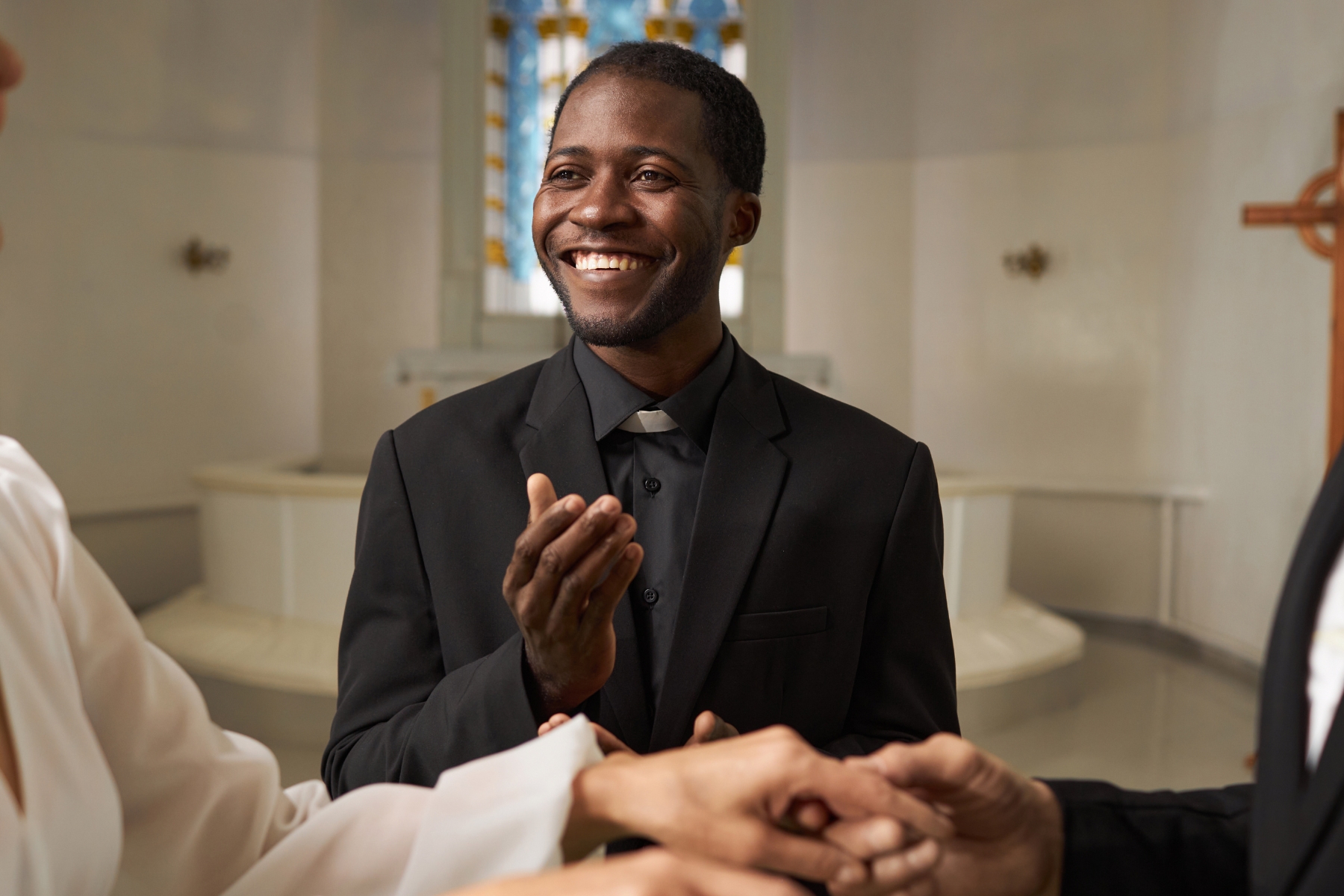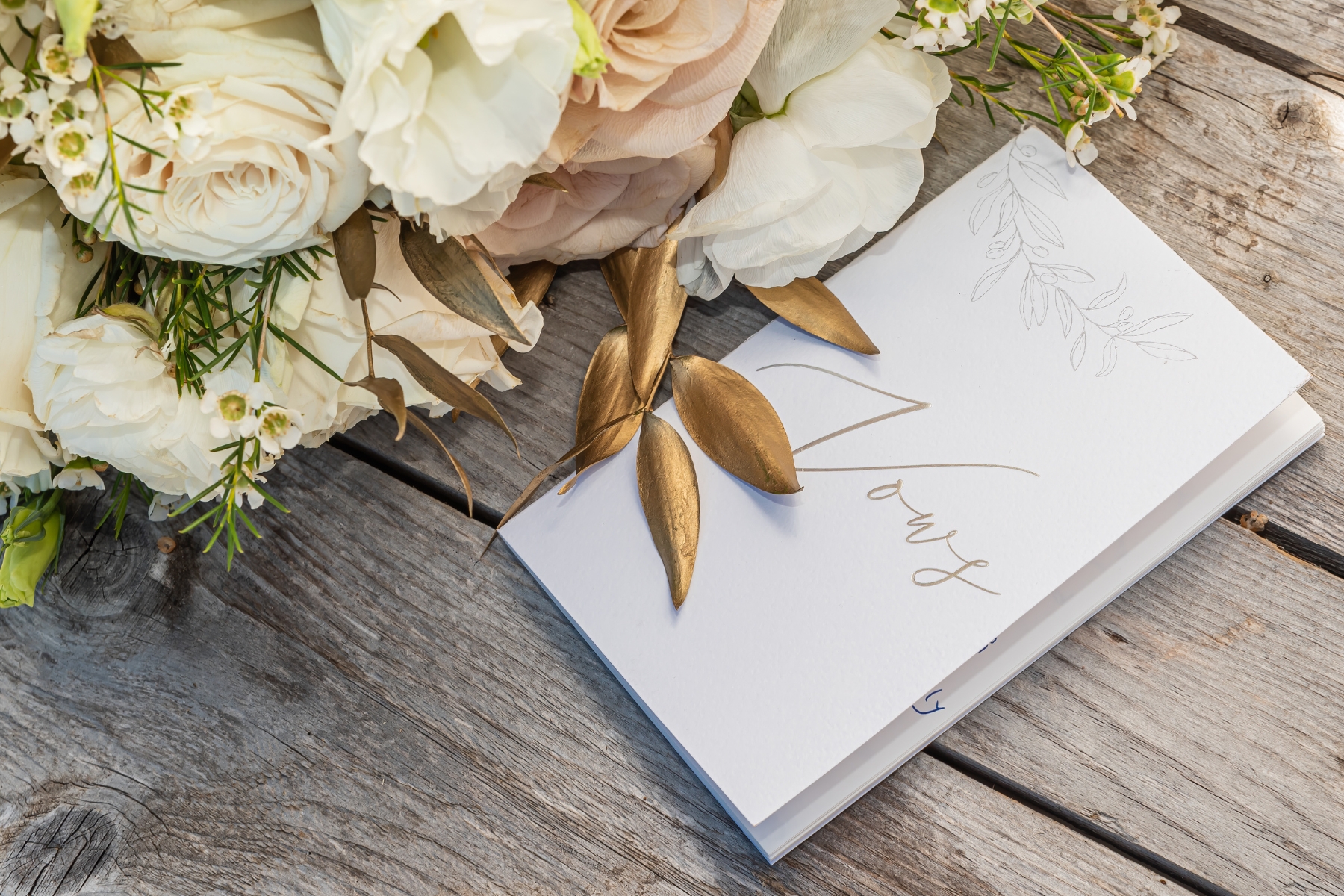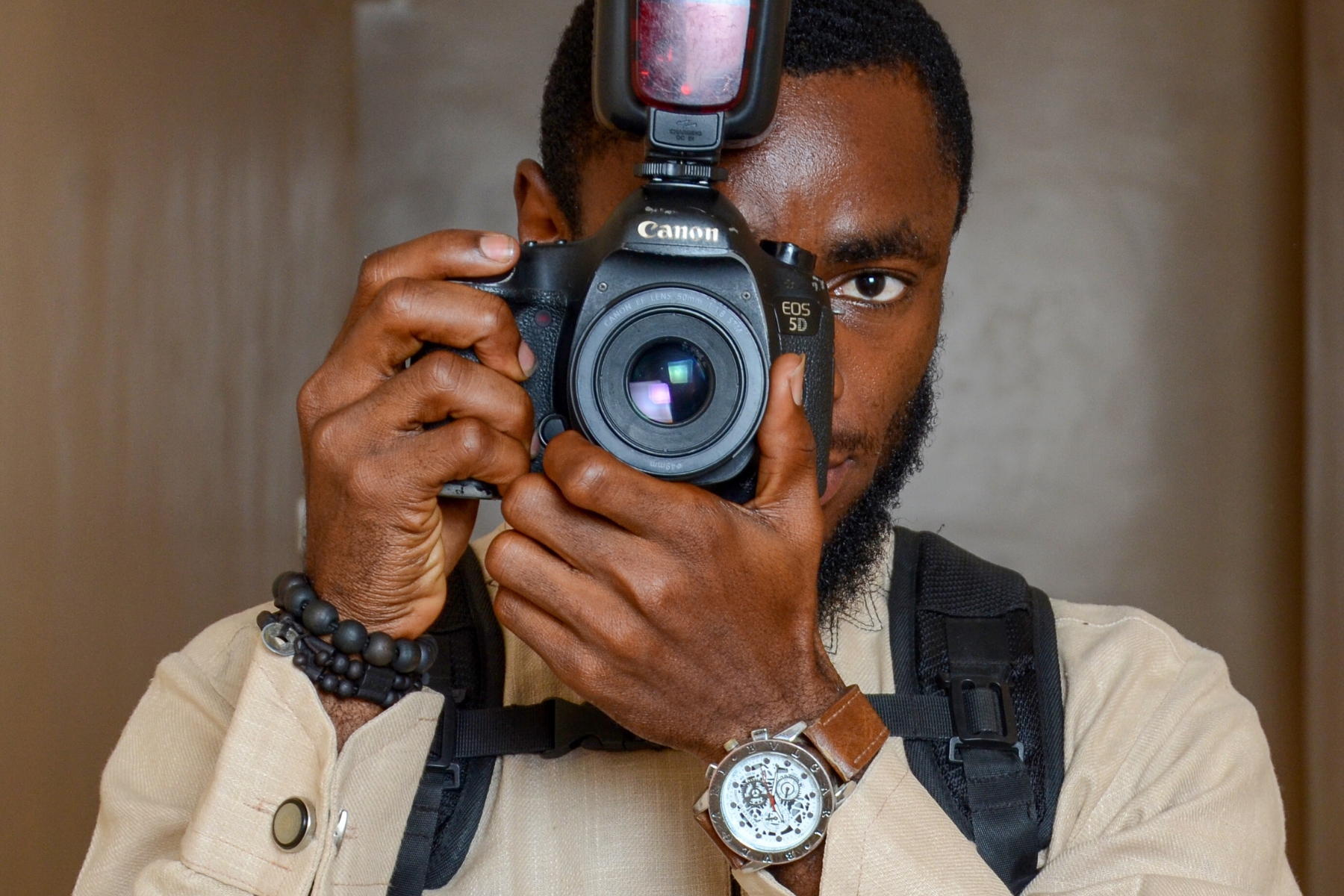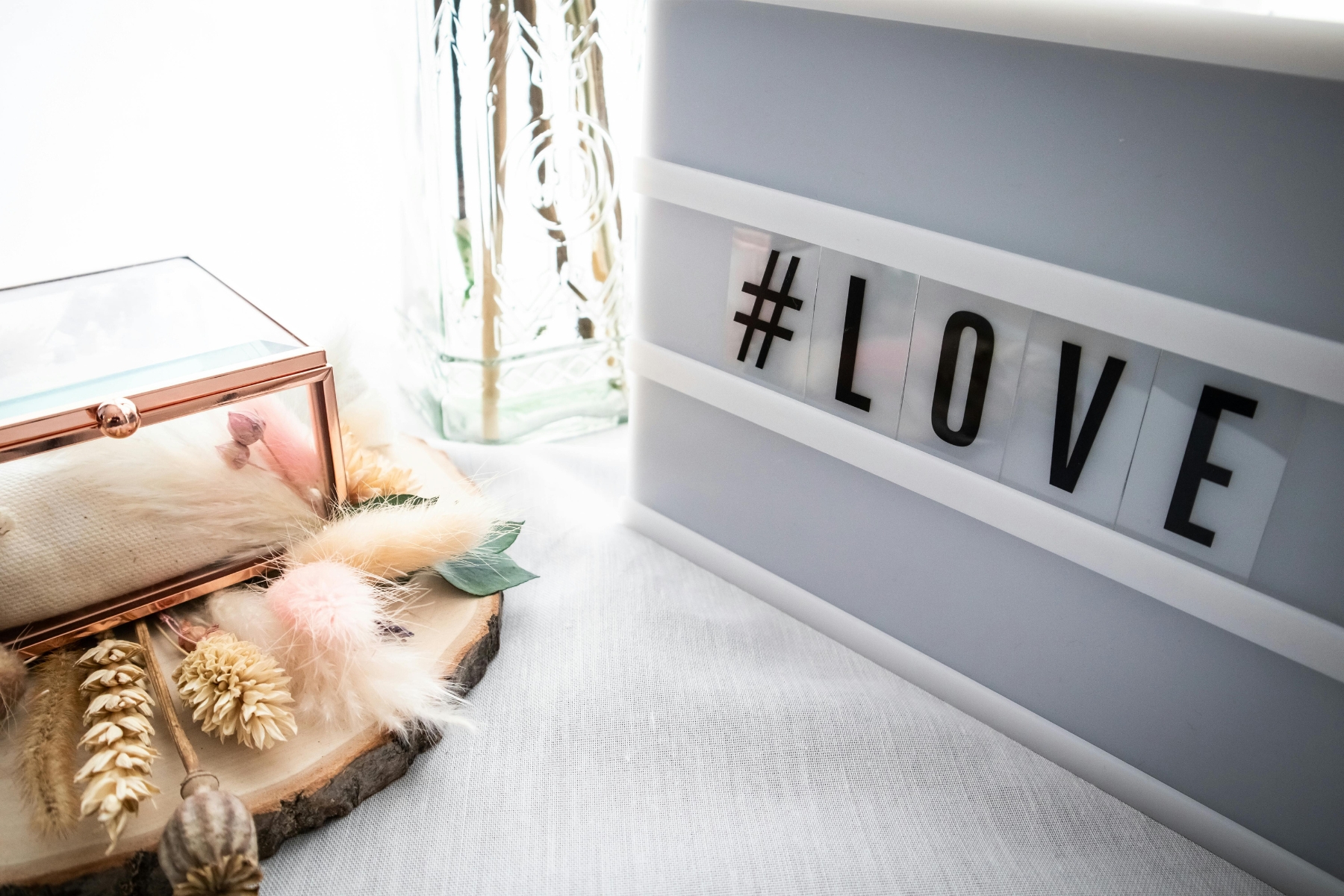You know this, but your officiant isn’t just someone standing at the altar. If you really think about all of the things they do, they’re responsible for setting the tone of the wedding ceremony and ushering you two to legal matrimony. So choosing the right person is a crucial part of wedding planning that deserves as much thought as your venue, your planner, and your dress. Reverend Orsella Hughes of Serenity Ceremonies put it best on a recent episode of Hue I Do: “We’re not just there to say some words. We’re curators and creators of magical moments.”
For some couples, the choice of an officiant is easy: it’s either going to be the childhood pastor or someone close to them that took a test online and became a licensed minister. But if you want a professional wedding officiant for your wedding day, here are five things to keep in mind:
1. Their Approach to Personalization
A good officiant can recite vows. A great one will make your love story feel like the only one that’s ever been told. Hughes says, “I write love stories all the time. I want the words in your ceremony to reflect your love, not just something I pulled out of a book.” She puts in 10–15 hours with each couple, crafting a ceremony that weaves in personal anecdotes, shared experiences, and emotional touchpoints.
Not every officiant is going to spend that much time with their couples, though. So when you’re researching officiants, ask them how they customize ceremonies. You’re going to want to know if they meet with you in advance? Another way officiants learn about their couples is through premarital counseling sessions. So you’re going to want to know if they offer that and if they use that information to help craft the ceremony. If they can’t articulate their process—or worse, if they don’t have one—that’s a red flag, friend.
2. Their Legal Know-How (Because Yes, It Matters)
It’s easy to assume anyone with “Rev.” in front of their name can legally marry you anywhere. Eh… that’s not the case. “I’m ordained,” Hughes said, “but that doesn’t mean I can just show up at any altar in any city or state. You have to know the local laws.” She shared how she calls town clerk offices directly to confirm the rules.
You’ll want to make sure your officiant is legally recognized in the state or country where you’re getting married and is aware of what it takes for you to get married. If you’re having a destination ceremony, Hughes recommends doing the legal ceremony at home first. “Have a legal ceremony just you and your spouse locally, and then have your beautiful ceremony somewhere else.” Because really, do you want to add researching the process of having your international union recognized in the United States on your full list of wedding planning duties? Exactly.
3. How They Communicate and Collaborate
Your officiant should be someone you vibe with—someone who listens well, responds quickly, and makes you feel heard. “Communication is a major part of ensuring that we start the day right,” said Hughes. She even updates her planning process constantly based on real-world experience, like when she showed up to a wedding and there was no DJ—just a string quartet. “I had to project with my preacher voice!” she laughed.
A collaborative officiant will check in with you throughout the process, help you structure the ceremony, offer suggestions when needed, and make sure all the vendors are on the same page, too. Ask about how often they check in with couples and how flexible they are with changes.
4. Their Presence—On and Off Camera
Because your officiant is front and center in your ceremony, you’re going to want to make sure they fit your aesthetic. Think about it: they will be in nearly every ceremony photo, and their voice will carry through your wedding video. Reverend Hughes recalled a time when “the photographer zoomed in on my coils and I was like, ‘yes, thank you, photographer!’”
She’s also mindful of her attire, nails, and how she carries herself—because it matters. So when you’re researching wedding officiants, make sure that you look at photos and videos of their past ceremonies. Do they fit the energy you’re going for? Will they complement your vibe or stick out in every shot? Think about this, too.
5. Their Commitment to the Full Experience
Some officiants just show up, say a few words, and dip. Not Reverend Hughes. “I don’t ascribe to booked and busy. I like to sleep. I like to rest. I like to go on vacation,” she said. “I focus on quality couples and quality ceremonies.”
Ask what else your officiant offers—like premarital counseling, rehearsal attendance, or emergency backup equipment. Hughes even brings her own sound gear to weddings if needed. She emphasized, “If you want premarital counseling too, then it is just not enough time [with a short booking window]. You could do it, but it’s rushed.”
If you want an officiant that is just there for the ceremony and goes on, then you won’t care about these extras. But the best officiants are invested in you—not just the ceremony. So that means they’re going to put in the time, provide the audio equipment you weren’t thinking about, and overall, will make sure you start your marriage with intention, clarity, and joy.




